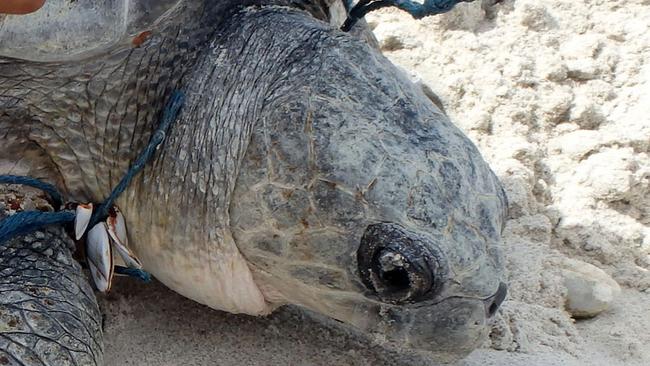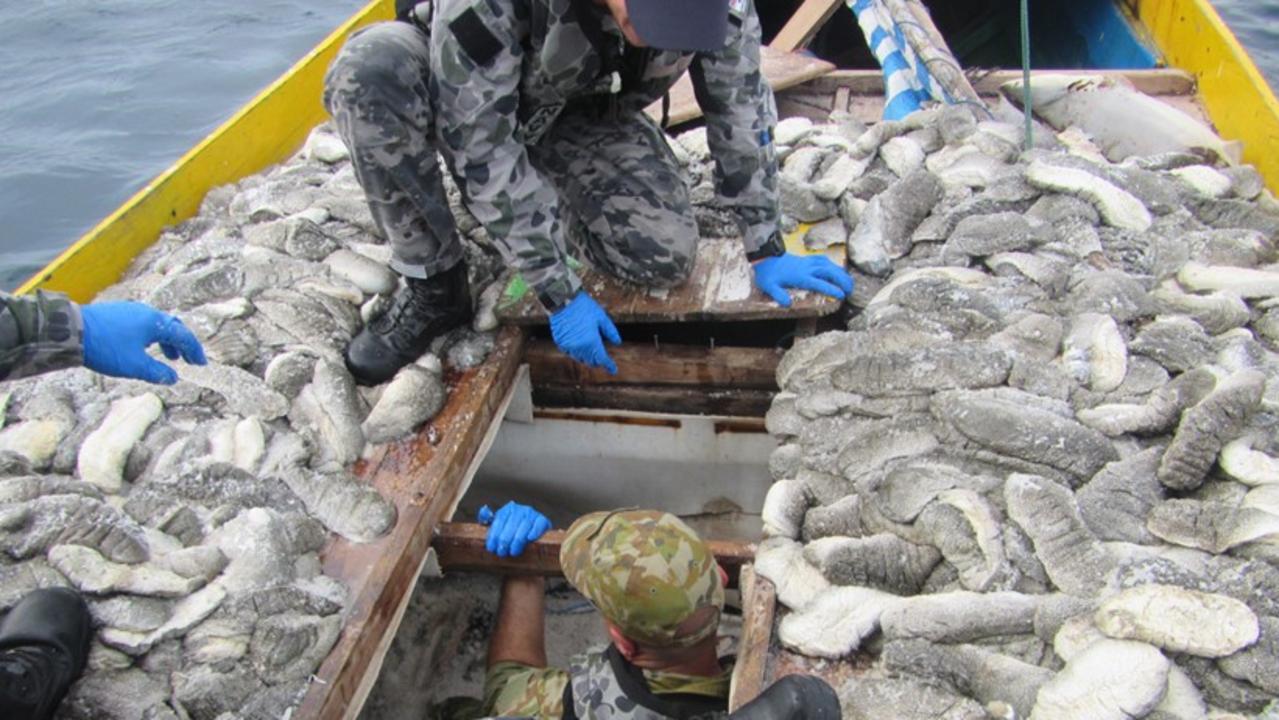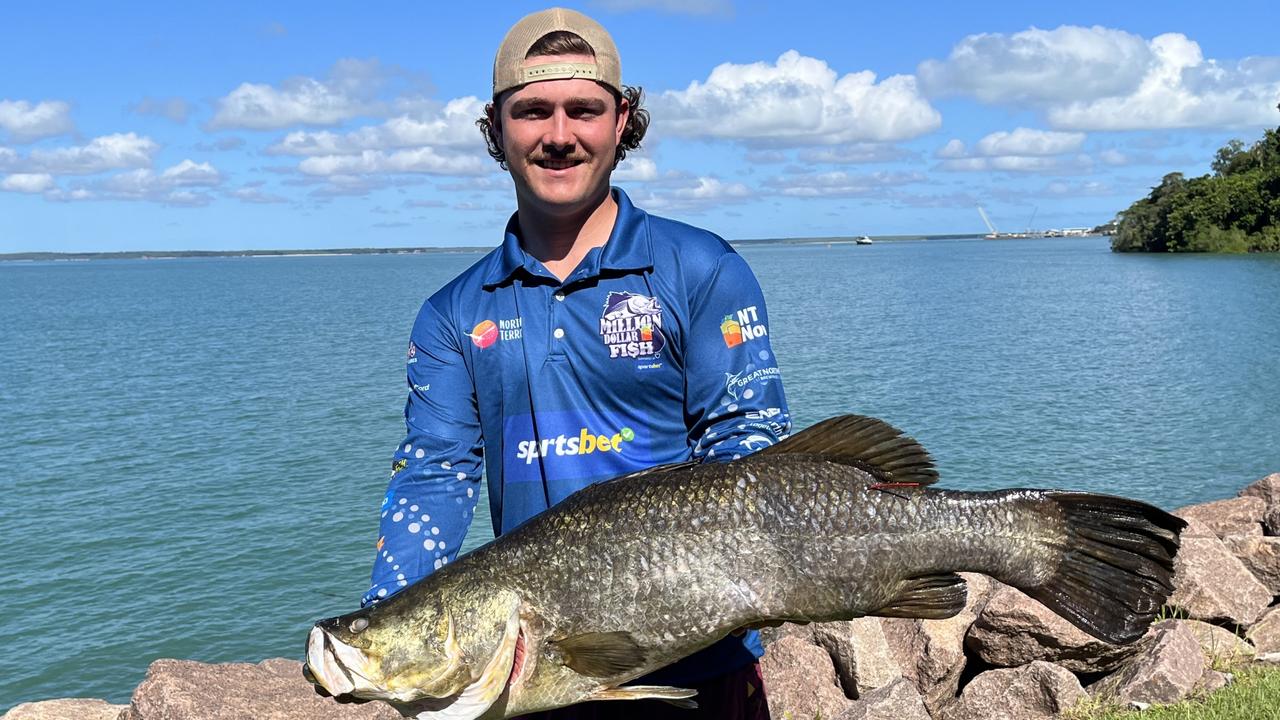Sea life endangered by plastic and ghost nets
PERTH: Mounds of plastic rubbish and “ghost nets” along Australia’s coastline are increasing and killing wildlife which is ingesting or becoming ensnared in it, researchers say.

Fishing
Don't miss out on the headlines from Fishing. Followed categories will be added to My News.
PERTH: Mounds of plastic rubbish and “ghost nets” along Australia’s coastline are increasing and killing wildlife which is ingesting or becoming ensnared in it, researchers say.
Scientists visited more than 170 sites along the coast and found about three-quarters of the rubbish was plastic from the land, not vessels on the ocean, with debris concentrated near cities.
The density of plastic ranged from a few thousand pieces per square kilometre to more than 40,000 pieces, CSIRO scientist Denise Hardesty said.
“There has been an increase in plastic as we have had an increase in our population,” Dr Hardesty said.
The report showed other marine debris included bottles, cans, bags, balloons, rubber, metal, fibreglass and cigarettes that could smother coral reefs, kill wildlife and even pose a threat to human health.
About one third of marine turtles around the world had likely ingested debris and that figure had increased since plastic production began in the 1950s, Dr Hardesty said.
Up to 15,000 turtles had also been killed in the Gulf of Carpentaria after becoming ensnared by derelict fishing nets or “ghost nets”, she said.
Meanwhile, the Tasman Sea, south of Australia, was a problem hot spot for seabirds.
“Globally, nearly half of all seabird species are likely to ingest debris,” Dr Hardesty said.
By identifying sources and hot spots of debris, solutions could be developed including improved waste management, targeted education and technology advancements, she said.
The research is part of TeachWild, a national three-year research and education program developed by EarthWatch Australia in partnership with CSIRO and Shell.


